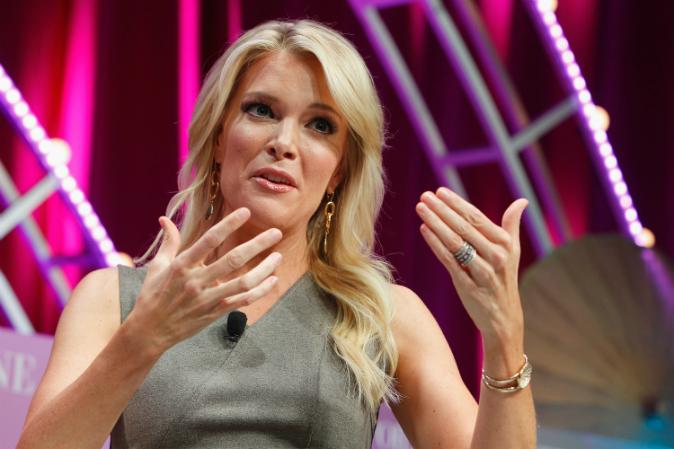Students of one Texas elementary school teacher will spend more time with their families and less time with their heads in the books this year.
Brandy Young, a second grade teacher in the Godley Independent School District has decided to eliminate homework assignments from her curriculum so that parents are able to spend more time with their children.
“I am trying something new,” Young wrote in a letter to parents. “Homework will only consist of work that your student did not finish during the school day. There will be no formally assigned homework this year.”
She added, “I ask that you spend your evenings doing things that are proven to correlate with student success. Eat dinner as a family, read together, play outside, and get your child to bed early.”
Young cites research for the reason behind her decision to implement a no-homework policy. But a 2006 study by Duke University concluded that students should do homework, just not an overwhelming amount.
Harris Cooper, a Duke University professor who has studied the subject of homework for over 25 years, spearheaded the study with Erika Patall and Jorgianne Civey Robinson.
“Kids burn out. The bottom line really is all kids should be doing homework, but the amount and type should vary according to their developmental level and home circumstances,” Cooper said.
He continued, “Homework for young students should be short, lead to success without much struggle, occasionally involve parents and, when possible, use out-of-school activities that kids enjoy, such as their sports teams or high-interest reading.”
A 2014 Stanford study found that students from countries such as Finland, Denmark, and Czech Republic—where there isn’t much homework given out—outperformed students that are swamped with assignments.
Young isn’t the first educational professional to establish a no-homework policy. According to a 2015 report from DNAinfo.com, New York City Public School 116 Principal Jane Hsu also abolished homework from after-school activities.
In a letter sent home to parents, Hsu said she had decided to eliminate homework and wanted students to participate in activities that “have been proven to have a positive impact on student academic performance and social/emotional development” such as reading at their own pace and playing.”




